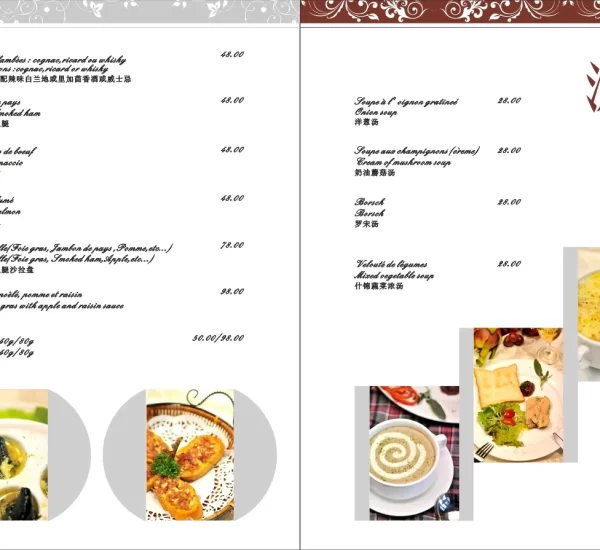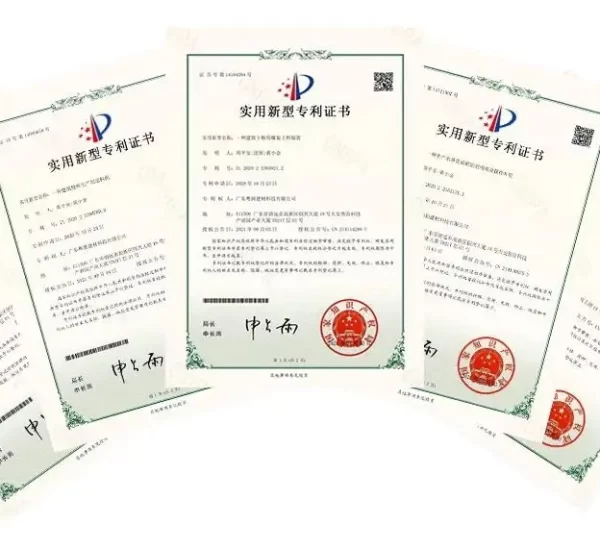Recently updated on February 21st, 2024 at 08:28 pm
Are you marketing real estate properties online and need to translate sales literature, purchase agreements, development plans, mortgage applications, and property listings to target Chinese-speaking buyers? The Chinese language has its own unique way of using real estate abbreviations, slang as well as dialectal differences, and it takes a translation company with years of dedicated real estate translation services experience to represent any real estate or housing business in a professional manner.
Why Target Chinese Property Buyers?
The Chinese buyer is one of the most sought-after markets in international property. Almost every day we hear news pertaining to new purchases by Chinese buyers in many locations and countries.
Let’s take a look at the data from Statista.

Chinese buyers have led foreign investments in U.S. homes for the past seven years. In 2019-2020, they bought U.S. home properties worth $11.5 billion, or little more than a sixth of the total, according to a report from the National Association of Realtors (NAR).
That’s why smart realtors are marketing properties to Chinese buyers and investors to increase their revenue.
Why Does Machine Translation Fail in Real Estate Projects?
While free machine translation may be tempting and sometimes may give you a vague idea, it should never be used as a public listing. It’s been proven many times that using machine translation for real estate listings is not a substitute for a professional translation. If you’ve ever written real estate listings yourself, you’ll know how important it is to judge the exact tone you strike and the phrasing you use.
💡Just take a real estate listing from a Chinese real estate site and translate it to English using Google Translate, you’ll quickly see that it translates very poorly. If you are reading the real estate listing translation and you’re confused – then you can be sure that others reading a machine translation from English to Chinese – are thinking the same thing.
Challenges in Translating Real Estate Documents
Whether you are a real estate professional looking to hire a translator or a translator about to embark on a real estate project, it’s important to understand some of the challenges that linguists face when it comes to Chinese document translation.
Titles Vary Depending on the Language Involved
Some real estate documents are binding contracts, so the result of a miscommunication or misunderstanding between the parties involved can result in legal action. If these documents aren’t translated accurately, it can be extremely confusing to the parties involved.
Different Real Estate Jargons
If you sell residential properties in your home country, you are very likely to be familiar with abbreviations and slang vocabulary that are typically used. But if you’re attempting to do business with Chinese-speaking customers, they may not be familiar with the same real estate jargon that you are.
Documents Must Comply with Laws in Two Countries
If you’re planning on selling real estate to a buyer from China, remember that this industry is highly regulated not just inside this country, but in other countries around the world as well. It’s vital that documents such as appraisals, deeds, contracts, lease agreements, etc., are translated accurately and comply with all applicable laws and regulations.
Real Estate Translation Service by Chinese Copywriter
Chinese Copywriter provides a full spectrum of real restate translation services, including:
Real Estate Website Translation and Localization

Are you selling or renting real estate properties online and need to localize your website to target Chinese buyers/tenants? We can help you localize your real estate websites into Chinese. Our online real estate translation solutions are designed to deliver flexibility and efficiency while meeting linguistic quality and technical accuracy requirements.
Real Estate Marketing Materials Translation

Do you need to translate your sales listings, real estate catalogs, or magazines from English to Chinese? We have a seasoned team of professional translators and subject matter experts who excel at translating all types of real estate marketing materials.
Rental Agreement Translation Service

If you’re renting properties to Chinese tenants, you’ll likely need a Chinese translation of the lease agreement. It is very important that all terms and conditions mentioned in the documents (e.g., payment schedules, commencement date, lease expiration date, option terms, and related option clauses) must be understood clearly before translating.
Mortgage Translation Services
We provide a full spectrum of professional mortgage translation solutions for lenders, underwriters, and real estate companies between English and Chinese. We translate mortgage applications, homeowner insurance, credit reports, income statements, loan agreements, and online underwriting systems with quality and speed so our clients can engage international customers with confidence.
English-Chinese Glossary of Real Estate Terms
The following is a brief list of commonly used real estate terms.
| English | Chinese |
| abate | 扣减 |
| amenity | 配套设施 |
| butler station | 管家工作间 |
| condo(minium) | 共管式公寓 |
| empty nesters | 空巢老人 |
| hydro-spa circuit | 循环水疗设施;冷热交替水疗设施 |
| irrespective of seriousness | 不管双方诚意如何 |
| over a base year stop | 超过基本年费上限的部分 |
| English | Chinese |
| pad site | 商业空地 |
| period wallpaper and period furniture | 仿古家具 |
| purport to | 表明 |
| satellite ready | 可安装卫星电视 |
| spa inspired ensuite | 带spa按摩浴缸的套间/带spa浴室的套间 |
| speculative lease | 暂订租约 |
| stucco three-family house | 用灰泥粉饰的三合屋 |
Frequently Asked Questions
What is the Chinese Word for Real Estate?
The Chinese word for real estate is 房地产 (fang di chan).
What is Real Estate Translation?
Real estate translation is the process of converting real estate documents from one language to another. The purpose is to provide ample information to buyers who speak a foreign language prior to making any purchase decision.

Translation Manager
Eva has 6 years of experience working as a News Editor and 5 years as a freelance copywriter. She holds a bachelor’s degree in English from the Guangdong University of Foreign Studies and a master’s degree in applied Linguistics from the University of Melbourne.



